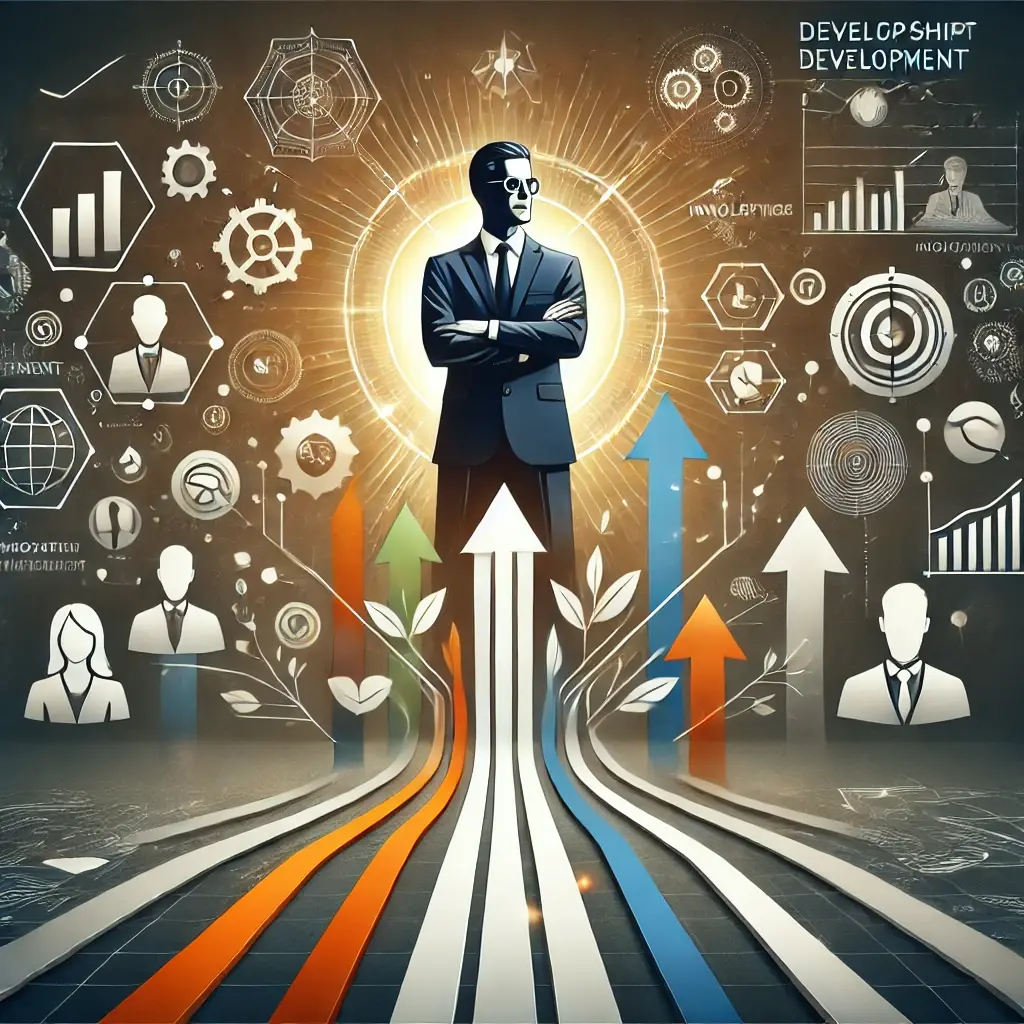Latest Posts
Don't miss the trending news
Performance Management: A Comprehensive Guide to Effective Reviews, SMART Goals, and Employee Development
Performance management is a crucial aspect of any organization’s success, ensuring that employees are aligned with business goals, motivated to perform their best, and equipped to grow. While the traditional performance review process is evolving, modern performance management techniques emphasize continuous feedback, goal setting, and employee development.
Sep 22, 2024
Remote Work and Flexible Work Arrangements: Navigating the Modern Workplace
The shift toward remote work and flexible work arrangements has transformed the traditional work environment. Organizations worldwide are embracing these new ways of working to adapt to the demands of employees and the global marketplace.
Sep 22, 2024
Workplace Culture and Environment: Building a Positive Culture and Addressing Toxicity
In today’s dynamic work environment, organizational success is closely tied to workplace culture. A strong and positive workplace culture is crucial for fostering employee satisfaction, productivity, and overall business growth. Yet, many companies struggle with negative or toxic cultures that impede progress.
Sep 22, 2024
Training and Development: Key to Employee Growth and Organizational Success
In today’s fast-evolving business environment, organizations recognize that their greatest asset is their workforce. Investing in training and development is essential for employee growth, enhancing productivity, and driving long-term business success.
Sep 20, 2024
HR Technology and Analytics: Transforming Modern HR Practices
In today’s digital era, technology has redefined almost every aspect of business, and human resources (HR) is no exception. The rise of HR technology and analytics has significantly impacted how organizations manage their workforce, enhance productivity, and drive decision-making.
Sep 20, 2024
Leadership and Management Development: A Road-map to Organizational Success
In the dynamic landscape of business, leadership and management development are more crucial than ever for driving growth and innovation. Organizations that invest in developing these competencies are better equipped to navigate challenges, build cohesive teams, and foster sustainable success.
Sep 20, 2024
Employee Engagement and Retention: Strategies for a Thriving Workforce
Employee engagement and retention have become crucial for companies aiming to thrive in today’s competitive landscape. Engaged employees are more productive, creative, and committed to the organization’s success, while retention reduces the costs associated with hiring and training new talent.
Sep 18, 2024
Talent Acquisition and Recruitment: Strategies for the Modern Workforce
In today’s fast-paced job market, attracting and retaining top talent requires a modern, strategic approach. Traditional recruitment methods have evolved, integrating advanced technologies and practices to streamline hiring and ensure the best candidates are brought into the fold.
Sep 18, 2024
Employee Reward and Recognition: A Key to Boosting Morale and Performance
The success of any organization hinges not just on its products, services, or technology, but on its most valuable asset—its people. Employees who feel valued and appreciated are more likely to be engaged, productive, and committed to their work. One of the most effective ways to create this sense of value is through a well-structured reward and recognition program. Let's explore
Sep 16, 2024
Building a Diverse and Inclusive Workplace: Why It Matters and How to Make It Happen
In today’s globalized and interconnected world, the importance of Diversity, Equity, and Inclusion (DEI) in the workplace cannot be overstated. Companies are increasingly recognizing that a diverse and inclusive environment not only fosters a more equitable society but also drives innovation, enhances employee satisfaction, and ultimately boosts business performance.
Sep 16, 2024
Promoting Mental Health in the Workplace: Strategies, Balance, and Best Practices
In today’s fast-paced work environment, the importance of mental health cannot be overstated. Employee well-being is crucial not only for individual health but also for the overall productivity and success of an organization. As the conversation around mental health becomes more prominent, it's essential for employers and employees to work together to foster a supportive and balanced workplace.
Sep 16, 2024
The Art of Crafting a Compelling Cover Letter for Remote Job Applications
In today's digital age, where remote work has become more prevalent than ever, mastering the art of crafting a compelling cover letter for remote job applications is essential.

Apr 04, 2024

















